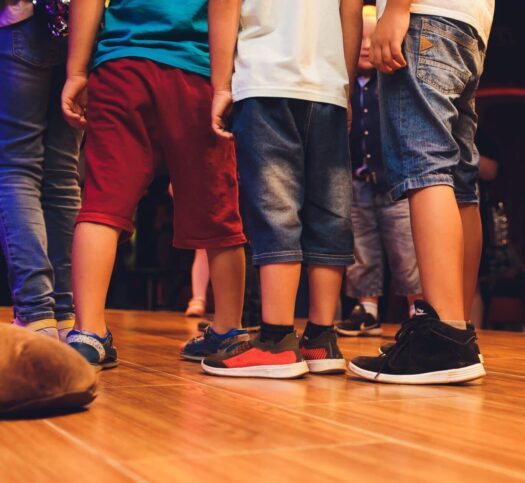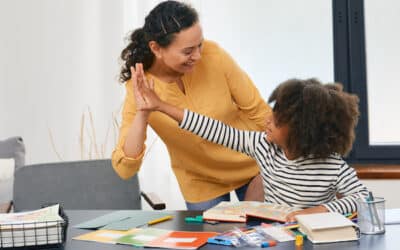
Understanding Social Skills Training (SST)
One of the core symptoms of autism spectrum disorder is difficulty or delays in language and interacting with others. Children with ASD may make little or infrequent eye contact, have difficulties with the back and forth of conversation, appear not to look at or listen to people who are talking, and display facial expressions or gestures that do not match what is being said. Because of these challenges in social situations, children with ASD may have trouble making friends and understanding other people’s points of view.
Social Skills Training (SST) is an evidence-based instructional method that can help individuals with ASD understand and improve their social, problem-solving, and decision-making skills. While SST programs vary depending on the age of the participants and their skill levels, the general goals are to teach individuals how to greet people and initiative conversations, understand emotions, tone of voice, body language and facial expressions, behave appropriately in certain social situations, form friendships, and show empathy.
For children, learning these skills can decrease social isolation and distress and increase academic performance. For adults with ASD, improving social and communications skills can boost confidence and feelings of well-being, and improve quality of life. Good social skills are important in creating positive relationships with others, and in employment situations.
There are different types of SST methods. Video modeling, considered one of the most effective ways to teach social skills, involves a video demonstration of a behavior, such as how to play a game with other children. The child watches the video and is given the chance to imitate the behavior immediately after.
Social stories, also known as social scripts, or story-based interventions, explain social situations to children and teach them how to behave in social settings. The stories are personalized and can be read right before the event they describe, such as waiting your turn in line. Stories include details about the setting and what to expect. Social stories can help children learn effective social responses and decrease difficult behaviors.
Peer mentors can also be used to help children with ASD improve social skills. Peer-mediated instruction and intervention (PMII) involves the selection of children without an associated diagnosis to be trained as peer mentors, who can work with students with ASD on class assignments, participate in different activities, and role-play various situations they may encounter in real life.
Harsha Autism Centers provide ongoing care for children, adolescents, and young adults (ages 2-22) with autism to improve the quality of their lives. If you would like learn more about how Harsha Autism Centers can help please contact us at info@harshaautism.com or call (812) 233-8833.



